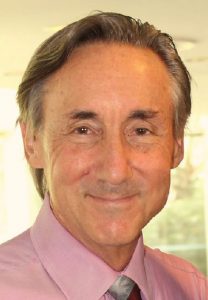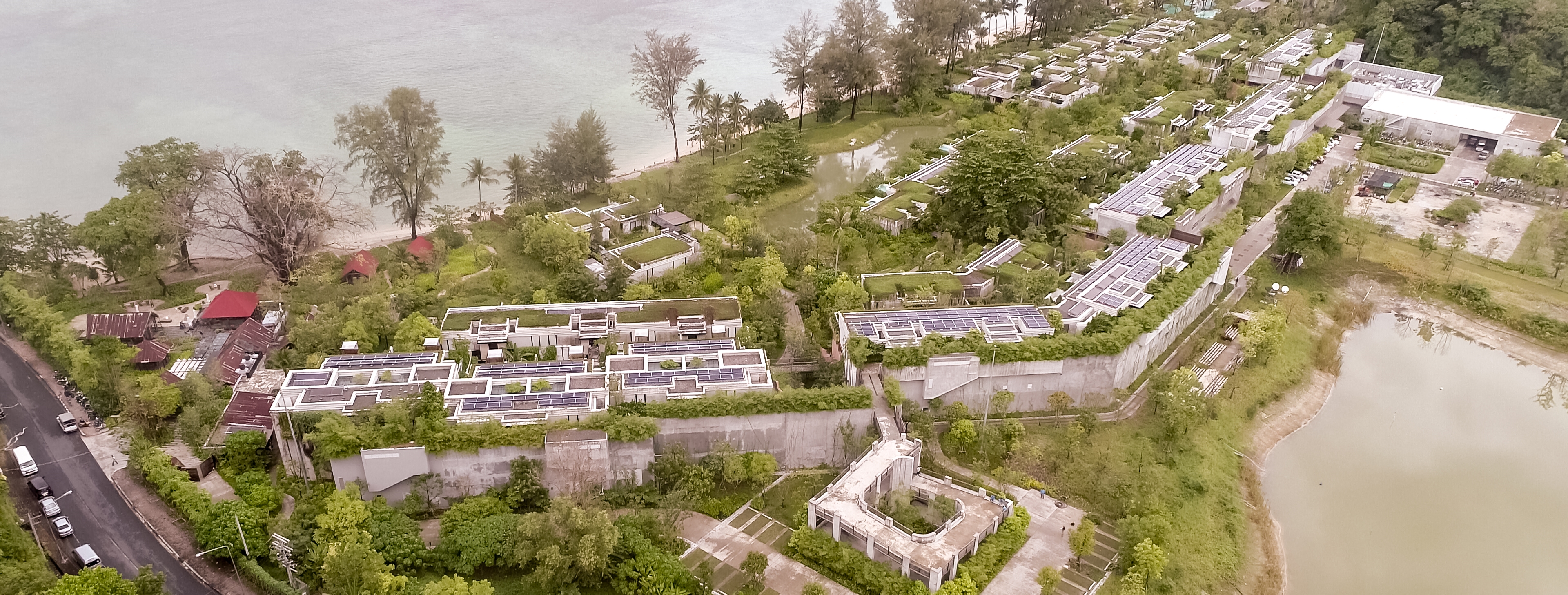
DMG-Thailand, an award-winning international leader and creator of habitats and elegant building solutions that reach beyond sustainability; who embrace and celebrate abundant sunshine. Why beyond sustainability? Each of the visionary projects provides more power, more clean water and more vital soil than is required to ensure its success, on-site and within extended communities. Celebrating the abundance of sunshine is the force that drives all of their energy systems by synergising the natural regeneration of the planet, authentic self-discovery and positive energy at the beginning of each new day.
Their mission is to harmonise living that is safe, clean and diverse while being economically justifiable and ecologically empowered. The overall intention of each project is to create happiness for communities of future-minded people and provide aid to replenishing the planet while minimising any negative impacts during the build. Through these critical qualities, DMG-Thailand undertakes many projects that have a substantial and positive impact on the health and wellbeing of people and the earth. Buildings use resources, generate waste and are costly to maintain and operate. Green building is the practice of designing, constructing and operating structures to maximise occupant health and productivity, use fewer resources, reduce waste and negative environmental impacts, and decrease life-cycle costs.
LEED, or Leadership in Energy and Environmental Design, is the most widely used green building rating system in the world. Available for virtually all building, community and home project types, LEED provides a framework to create healthy, highly efficient and cost-saving green buildings. LEED certification is a globally recognized symbol of sustainability achievement.
 O.B. Wetzell, originally from the United States, moved to Asia with his family over 20 years ago, adopting Phuket as their tropical home-base. Wetzell soon became the go-to environmentally-compassionate builder in the region: one of his first projects was Amanpuri Residences with luxury homes that accommodate both tourists and homeowners in the same beautiful resort. Hotel industry giants soon noticed Wetzell’s work in ethical tourism, and he became a respected advisor on how to combat poor environmental practices from visiting guests.
O.B. Wetzell, originally from the United States, moved to Asia with his family over 20 years ago, adopting Phuket as their tropical home-base. Wetzell soon became the go-to environmentally-compassionate builder in the region: one of his first projects was Amanpuri Residences with luxury homes that accommodate both tourists and homeowners in the same beautiful resort. Hotel industry giants soon noticed Wetzell’s work in ethical tourism, and he became a respected advisor on how to combat poor environmental practices from visiting guests.
Wetzell’s passions resonate deeply: he has grave concerns for the future of the planet. He is articulate, positive and has contagious enthusiasm as he talks about tipping the scales from the negative impact that humanity is having on the planet to positivity in terms of the creation of surplus energy, general acceptance and perception of living mindfully and building differently. He is keen to see the implementation of cost-effective programmes harnessing micro-hydro, wind and solar plants that drive energy to homes and businesses across Thailand.
Wetzell was kind enough to spare some of his valuable time with Asia Lifestyle Magazine. “Many developers and project owners that we are talking with (with few exceptions) are still in awe and allegiance to the bottom line, and still falsely believe that “sustainability” is some equipment that they can bolt on after the project is complete providing there is time or budget to do so. This persistent perception is a huge hurdle for us, even as it recently has become a false economy.
The costs of power escalate and the lifestyle costs of burning fossil fuels increase daily, the prices of onsite energy production and energy efficient appliances go down. In the last few years, it has been proven, time and time again that, the axis of the X” of rising costs of energy and the measurable increasing costs of pollution and; the axis of the “Y” of lowering costs of being sustainable has recently crossed in favour of sustainability. There is now an economic imperative for all developments to pursue at least the “low hanging fruit” of green technologies.

There is an enormous return on investment evidence for being sustainable. Solar water heating pays for itself in a mere seven months — after that hot water is virtually free. Recycling building debris on site is much more cost-effective than moving this waste to dump sites. Recycled plastic framing elements and reclaimed wood products are more affordable, they are more pest resistant and require far less maintenance than virgin lumber. The use of local materials is trendy, more economical, appropriate and has far less embedded carbon than imported materials.
Common sense should prevail – large glass panels facing west are just silly invitations to heat gain inside a building that wants to be kept cool between 15.00 and 18.00 in the afternoon. Sunsets and ocean views do not require huge air-conditioning costs to be appreciated. Black floors exposed to infrared light are just too expensive to keep cool. Anyway, hope springs eternal and it is DMG’s desire and mission is that their developments respect and sustain natures bounty in energy, oceans, and water”.




